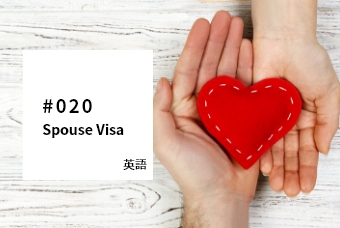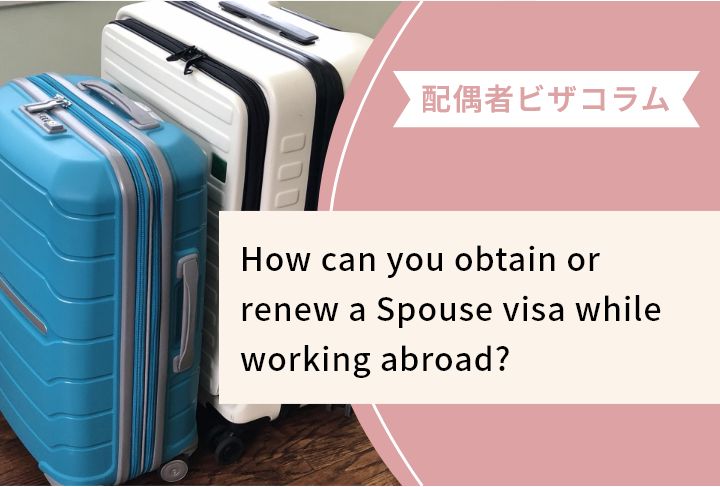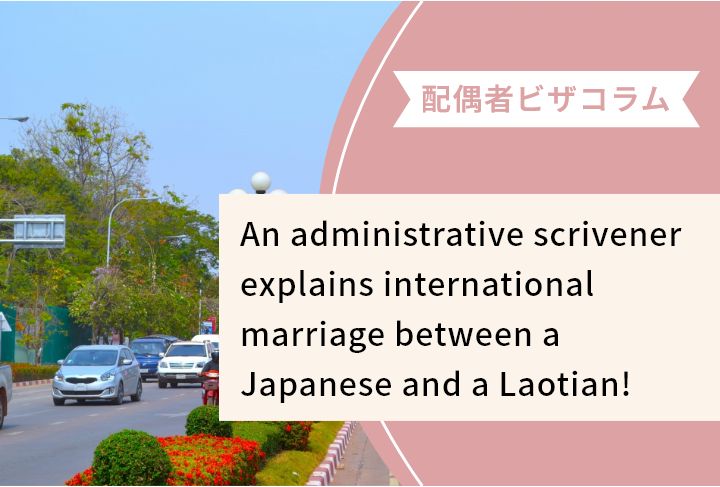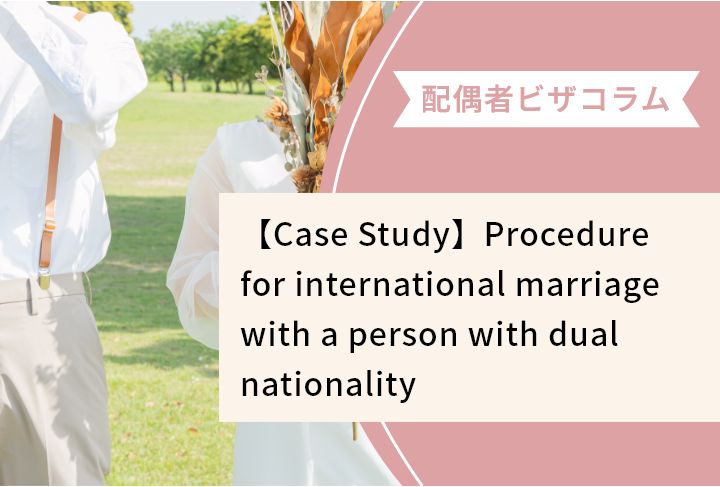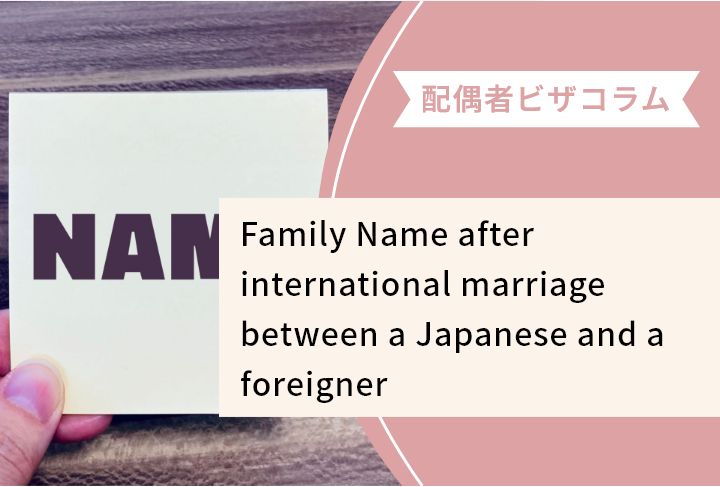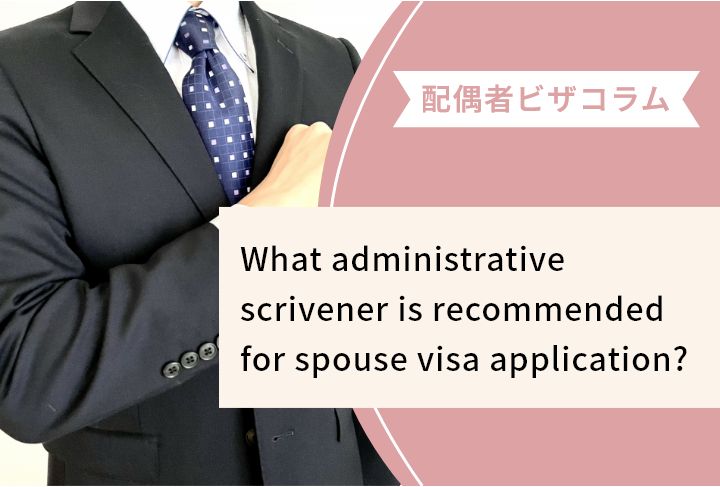【Case Study】 Temporary visitor visa for supporting childbirth
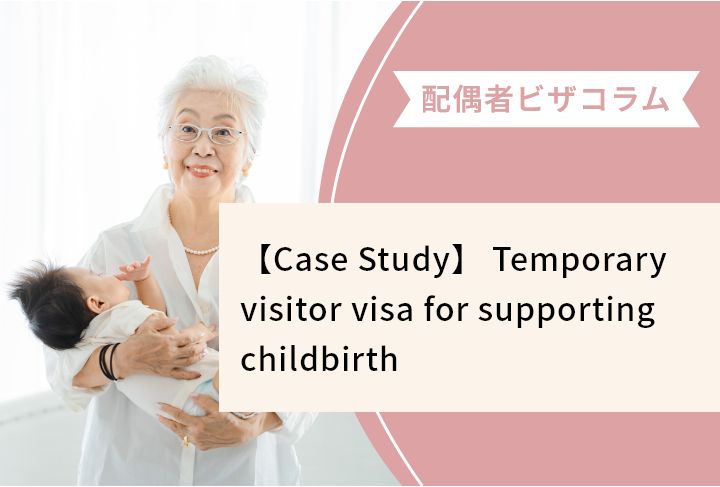
Ms. A, a Vietnamese, is expecting her third child next month. Ms. A’s husband, Mr. B, works during daytime and cannot take care of his young children all the time, so Ms. A thought about asking her mother in Vietnam to help.
A’s mother does not work and only has a little savings, but Ms. A wants her to stay in Japan on a temporary visitor visa as long as possible to support her.
There are not few cases where foreigners living in Japan apply for a temporary visitor visa to call their parents to Japan to get their support after giving birth, etc.
Temporary visitor visas were established to accept foreigners who temporarily stay in Japan to engage in activities such as sightseeing, visiting relatives/friends, and doing business. The points of examination for a temporary visitor visa are whether any compensation is paid for such activity, the veracity of the content of activity, and the length of stay.
Periods of stay under temporary visitor visas are 15 days, 30 days, and 90 days, but for long-term stays, additional documents such as a statement of reason for invitation are required.
Index
1. Is there any difference of visa procedures between temporary visitor visa and other visa?
If you would like to know whether you need to go through any special procedures to obtain a temporary visitor visa, you first need to check whether your country is subject to visa exemption.
Information on countries subject to visa exemptions can be found on the website of the Ministry of Foreign Affairs, so if you plan to apply for a temporary visitor visa, please check the website.
〇The website of the Ministry of Foreign Affairs
https://www.mofa.go.jp/mofaj/toko/visa/tanki/novisa.html
As of April 2020, 68 countries are subject to visa exemptions.
However, not all 68 countries are exempted from visas to stay for 90 days. The periods of stay granted without a visa at the time of the permission for landing are “15 days” for people from Indonesia, Thailand, and Brunei, “30 days” for people from the United Arab Emirates, “90 days” for people from any other countries or regions.
Therefore, if a foreigner comes to Japan from a country that is not exempted from visas, or if a person from Indonesia, Thailand, Brunei, or the United Arab Emirates wishes to have a visa for a longer period of stay than the designated period of stay (for example, a “90-day” temporary visitor visa), the foreigner needs to obtain a temporary visitor visa.
In principle, application for a visa for medium-to-long-term residence must be submitted to an immigration bureau in Japan, but for a temporary visitor visa, application must be submitted to a government office abroad (a Japanese embassy or consulate in the country where the applicant resides) by the applicant himself/herself. This is a major difference between temporary visitor visas and medium- to-long-term residence visas.
2. How long is a temporary visitor visa valid?
Visas issued by a government office abroad are valid for 3 months. You must land in Japan before the expiration. You will then be allowed to stay in Japan for the designated period (15, 30, or 90 days) from the following day after the permission of landing.
For example, if a holder of a 30-day temporary visitor visa lands on March 1, he/she will be allowed to stay for 30 days from March 2, which is until March 31. If you have been permitted to land, please check the sticker of landing permission on your passport and find the expiration date specified on the sticker.
3. Is a temporary visitor visa for the support of childbirth extendable?
Like other medium-to-long-term residence visas, a temporary visitor visa can be extended if there are “reasonable grounds to grant the extension of the Period of Stay” according to the Immigration Act.
However, temporary visitor visas are not expected to be extended in general because they are intended for short-term stays for sightseeing or visiting relatives. In practice, extension of temporary visitor visas is permitted only when there are circumstances which are truly unavoidable from a humanitarian standpoint or any other special circumstances equivalent thereto.
Please understand that you cannot extend your temporary visitor visa based on the reason that you want to do some more sightseeing or that the current flight fare is too high.
Having said that, among cases of supporting childbirth as in this case, there are many cases where the extension of the temporary visitor visa is permitted in practice.
4. The procedure to obtain a temporary visitor visa for supporting childbirth
Let’s go back to the case of Ms. A’s mother and think about the solution.
First, since Ms. A’s mother is Vietnamese, we need to check which materials need be submitted to the Japanese consulate having jurisdiction in Vietnam.
(1) Materials that demonstrate the purpose of entry to and residence in Japan
We submitted materials showing that Ms. A is about to give birth, that Ms. A has small children other than the baby about to be born, and her relationship with her mother, and prepared a statement of reasons for invitation as well. Regarding the schedule during her stay, we put the lists of the places to stay, places to visit, the scheduled events, etc.
(2) Proof of ability to pay expenses during stay in Japan, as well as demonstration of means to leave Japan or proof of ability to pay the expenses for leaving Japan
The household budget of Ms. A is mainly covered by Mr. B’s income. Since Ms. A’s mother does not work in Vietnam, she submitted certificates showing Mr. B’s income and deposits and savings regarding the cost of stay.
In case of Vietnam, a reservation slip of a round-trip ticket is required at the time of application. Depending on the consulate to which you are submitting your application, whether such reservation slip is required or not, etc. may differ, so please make sure to check before submission.
As a result, Ms. A’s mother successfully obtained a 90-day temporary visitor visa for the purpose of supporting childbirth.
5. Summary of temporary visitor visas for supporting childbirth
When applying for a temporary visitor visa at a government office abroad, it is necessary to submit the materials collected by the applicant (Ms. A’s mother) and the materials collected by the inviting party (Ms. A) together. The inviting party will send the materials to the applicant by international mail.
Please note that if you are not granted a visa, you will have to wait for 6 months to apply for a visa for the same purpose and content, in principle.
If you have any questions about a temporary visitor visa for supporting childbirth, please feel free to contact Daiichi-Sogo Group.








